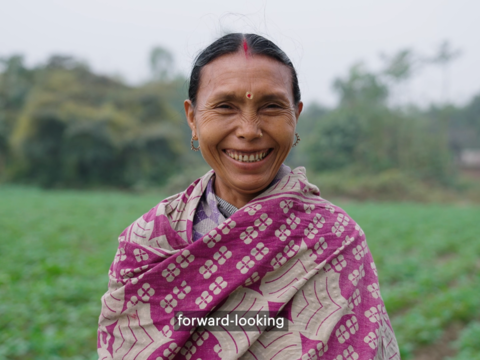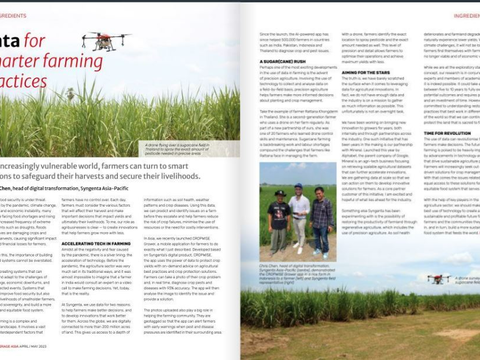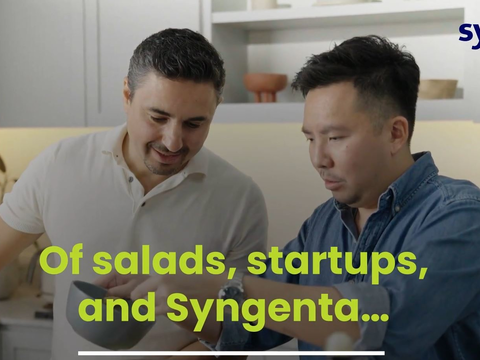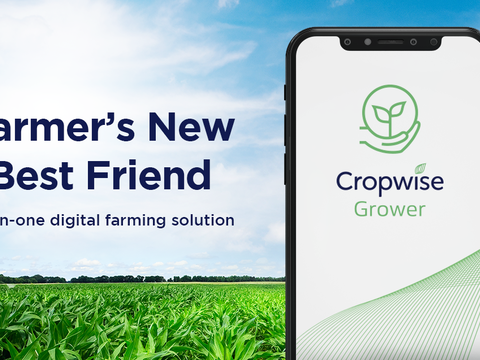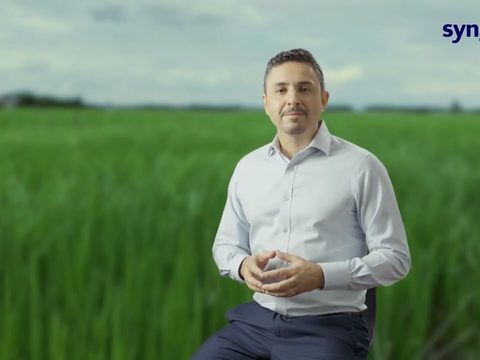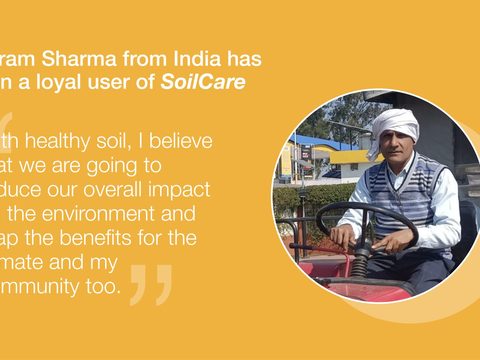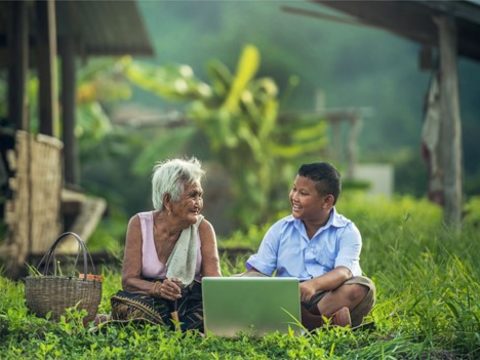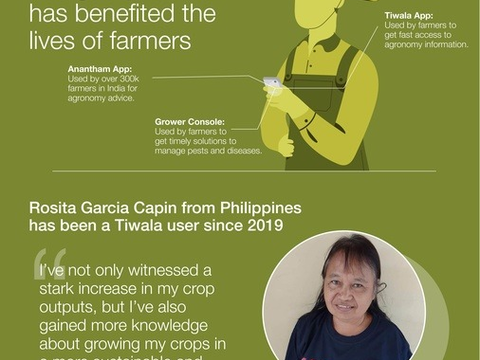Future of climate resilient rice
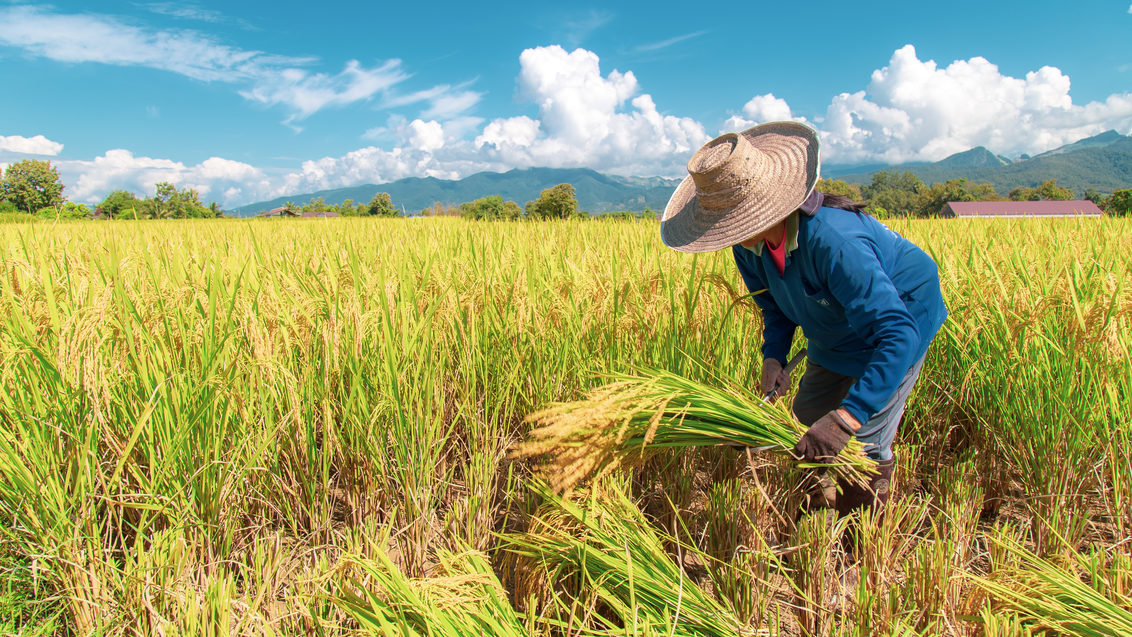
Rice is a daily source of nutrition for billions of people in Asia. It is also an important source of income for close to 400 million smallholder farmers in the region. So many throughout the world are dependent on this vital crop for food or income, but rice growing is also a major contributor to global agricultural emissions.
Sustainable practices for rice farming do exist, but what’s critical is that these practices provide solutions to the real life, day-to-day problems that smallholders face. One way we can do this is by making finance and technologies more accessible to farmers, thereby enabling broader implementation of climate-smart growing techniques that also improve yield and profits. Another way is to look at how value is distributed across the value chain - farmers must be fairly rewarded for their efforts and the motivation to adopt climate smart on-farm practices can only be amplified through demonstrating the clear benefit to smallholder livelihoods. This is fundamental to the scalability of any sustainable solution.
Most important to bringing these sustainable solutions to life are the cross-sector collaborations that Syngenta continues to establish along the entire rice value chain. This is why I believe in joining discussions like the one I recently had with Eco-Business alongside Chris Stevens, David C.Y. Chen and Ladda Viriyanura to share perspectives on the future of climate-smart rice.
You can read more about this discussion here: https://bit.ly/3FeG99D
#syngentaforsmallholders #SyngentaAPAC #sustainableagriculture

Authored by:
